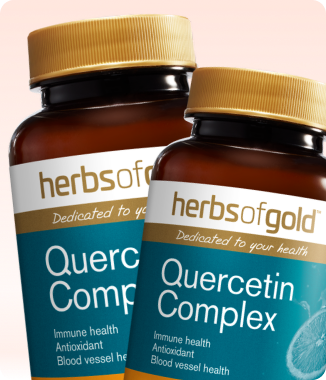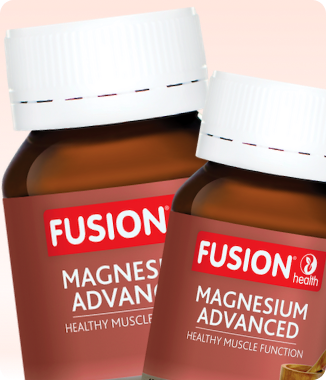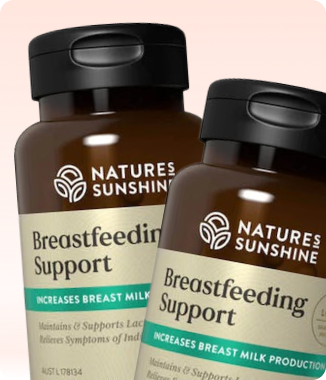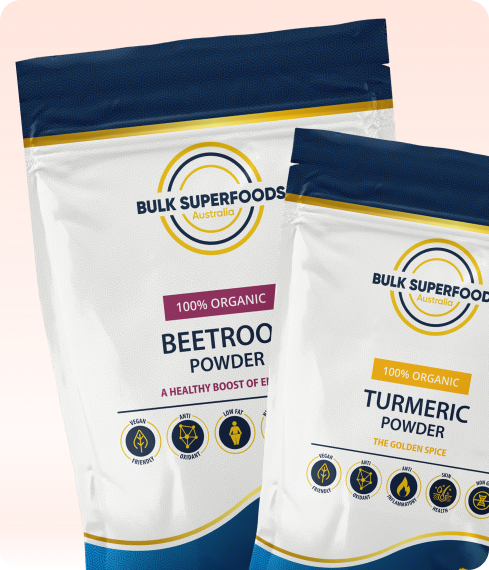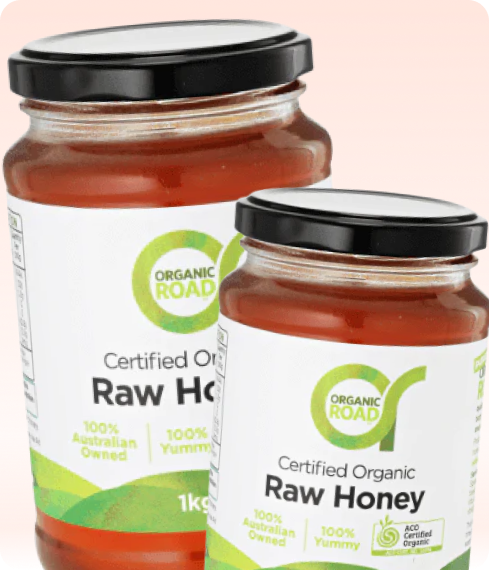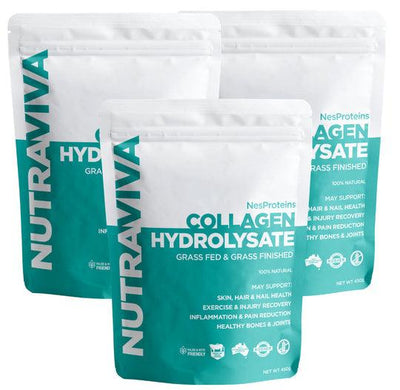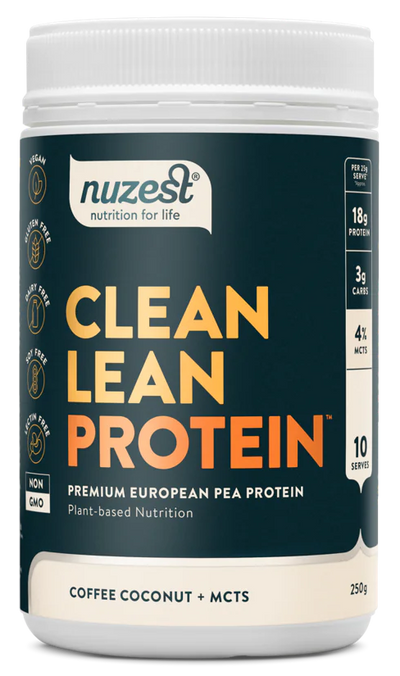High-strength Fish Oil v/s Standard Fish Oil

Thanks to the increasing awareness about making dietary changes to combat lifestyle diseases, people are getting more enthusiastic about including health supplements in their daily routines. Fish oil supplements are rather popular, often preferred by people who are either vegetarians or have dietary choices that don’t include much seafood. Similarly, people who are recovering from illnesses or are trying to get fitter, often seek
Role of Extraction in Fish Oil Supplements
At most times, fish oil is extracted from the tissue of certain fish, such as salmon, tuna, herring, mackerel, and anchovies. Cod liver oil comes from pressing the oil from the liver of just one type of fish—the cod. This is why, cod liver oil is not categorized under ‘fish oils’, i.e. since the source of all other fish oils is rather different.
What makes fish oil good for the body?
Omega-3 Fatty Acids!
All the health benefits associated with fish oil are due to the high concentration of omega-3 fatty acids. Many healthcare professionals refer to these as the good oils. Omega-3 fatty acids play a dual role in the human body, boosting immunity against many ailments and contributing to the smooth functioning of many body systems. Since the human body cannot synthesize its omega-3s, these fatty acids need to be included via a well-balanced diet. People whose diet includes seafood are more likely to consume natural fish oils as a part of their food. However, others might develop an omega-3 fatty acid deficiency which can make the body more susceptible to lifestyle illnesses. Our brain, nervous system, eyes, blood, and cellular membranes need these fatty acids to perform optimally. Deficiency in fatty acids can lead to severe, even chronic health problems. Omega-3 deficiencies are associated with metabolic syndrome, brain abnormalities, and non-alcoholic fatty liver disease, among other conditions.
Just Some of the Many Fish Oil Benefits
Systematic supplementation with a high-quality fish oil supplement can bring about many health benefits, such as helping to control inflammation or control elevated cholesterol levels. Fish oils that have a better omega-3 profile contribute towards improving overall metabolic health apart from reducing inflammation. Other benefits of consuming fish oils with higher levels of EPA and DHA are related to better:
- Cardiovascular or heart health
- Neurological functions or mental health
- Pregnancy, including breastfeeding benefits and better foetal development
- Joint pain caused by rheumatoid arthritis
Understanding Omega-3 Fatty Acids More
The omega-3 polyunsaturated fatty acid profile consists of eicosapentaenoic acid (EPA), docosahexaenoic acid (DHA), and alpha-linolenic acid (ALA). Fish oils often contain very high concentrations of EPA and DHA—overall levels of these fatty acids often define the efficacy of a fish oil supplement. It is actually the algae in the oceans and rivers that contain high amounts of EPA and DHA. Since fish feed on algae and micro-algae, they become a natural source of vital omega-3s. ALA is the plant form of omega-3 fatty acids and though it is found in vegetarian food resources such as hemp, chia, and flax seeds, it is not as effective as EPA or DHA. While the body might be able to convert some ALA into DHA or EPA, even then, the plant oil fatty acids don’t match the wide range of health benefits offered by the fish oil omega-3s.
Identifying the Better, High-Strength Fish Oil
It is recommended that people must consume 2-3 fish servings per week to get the type of nourishment and health benefits that people seek from fish oil supplements. This underlines the importance of choosing high-strength fish oil formulations. Also, keep a watch on:
- EPA, DHA Concentration: The difference between standard fish oils and high-strength fish oils is often the concentration of omega-3 fatty acids. It is common to find the cheaper, off-the-shelf types of health supplements where the DHA and EPA concentration per capsule is rather low.
- Misleading Nutritional Profile: Some of the more common supplements tend to highlight the presence of other multivitamins and minerals in the formulation. However, this does not make up for the low concentrations of EPA and DHA—the primary reason to consume a fish oil supplement.
- Purity Levels: High-strength fish oil supplements are most likely to use a concentrated formula that does not leave room to add other triglycerides, fillers, or synthetics—a tactic used by some of the more average fish oil supplements. The better variety is more likely to maintain a better concentration of EPA and DHA without contaminants.
Choose Better!
The average fish oil supplement is more likely to cause problems like symptoms of indigestion, and often, such fish oil products are not rated for their freshness. In comparison, there are top-quality, high-strength fish oil supplements like Ultra Clean 85 120C by Bioceuticals that follow stringent quality control processes, ensuring that people get a fresher, more effective, and safer form of fish oil supplementation.













